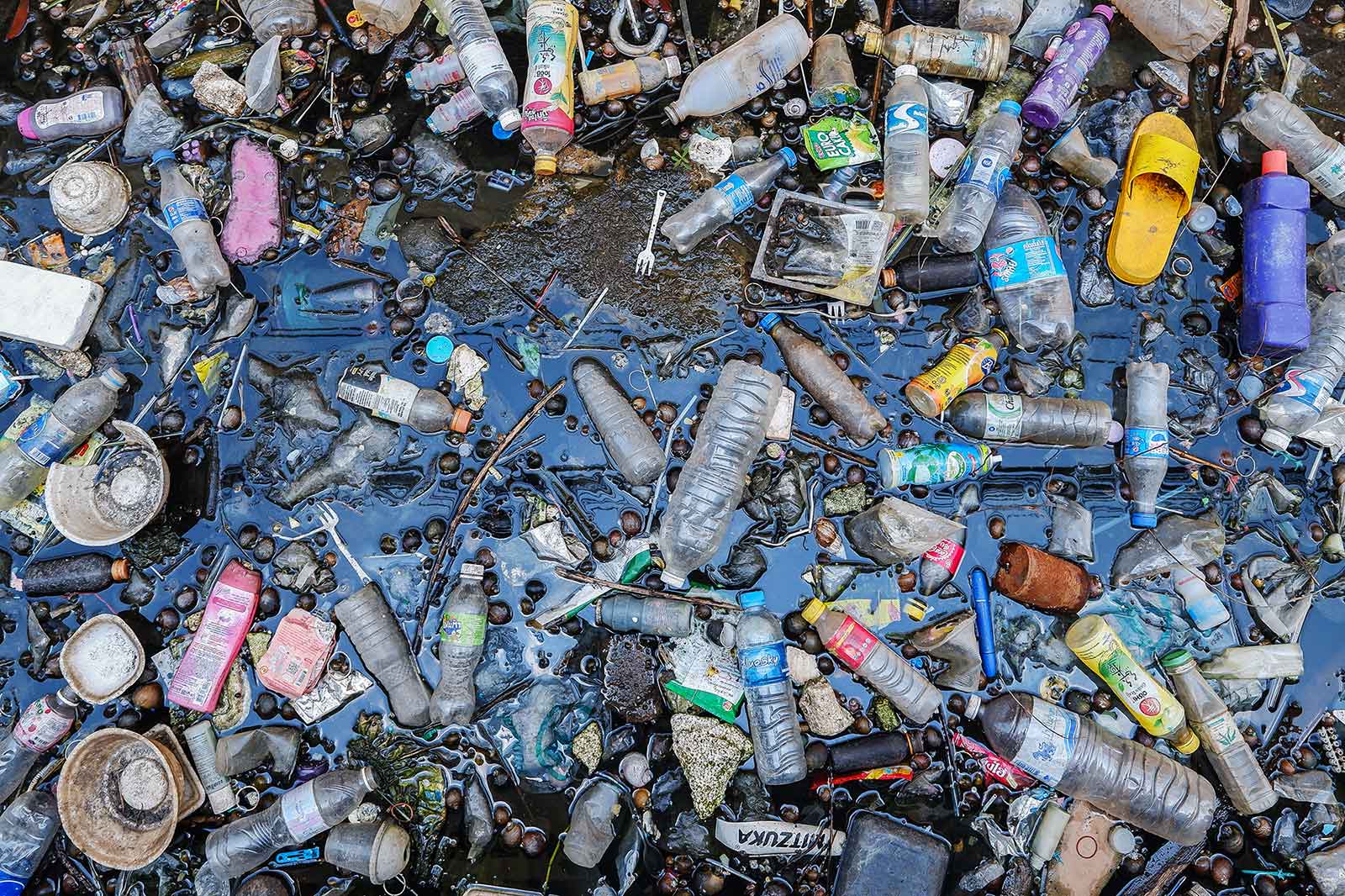According to the researcher, entrepreneurs often have good intentions, but also a lack of knowledge. For example, it seems trendy to make a product from waste plastic. That seems circular, but in fact it is just a one-off re-use of waste. It may have a detrimental side effect, namely that production becomes dependent on waste streams. In that case, circularity becomes a justification for continuing to produce polluting residual flows, or even an incentive for overproduction.
Renewable
According to Greer, something is only truly circular if it is made from renewable raw materials, which are quickly replenished by nature. She devised a decision tree to help decision-makers weigh up their options and get a grip on which choices make the greatest possible contribution to the circular economy. “This helps people in practice to take a decision step by step and goes beyond the well-known adage: ‘reduce, reuse, recycle’,” says the researcher.
See the website of Erasmus University for more information.
Image: Attapon Thana/Shutterstock



